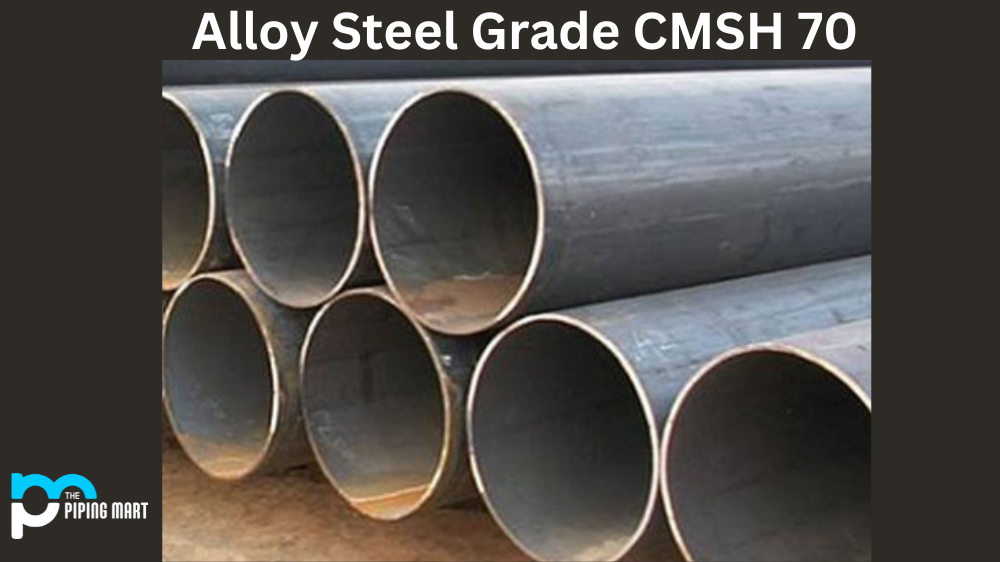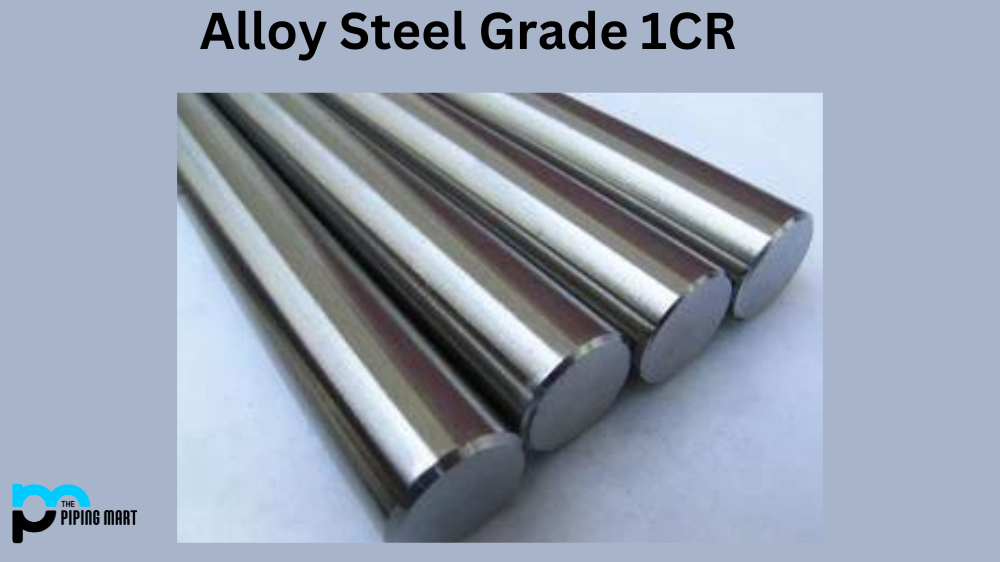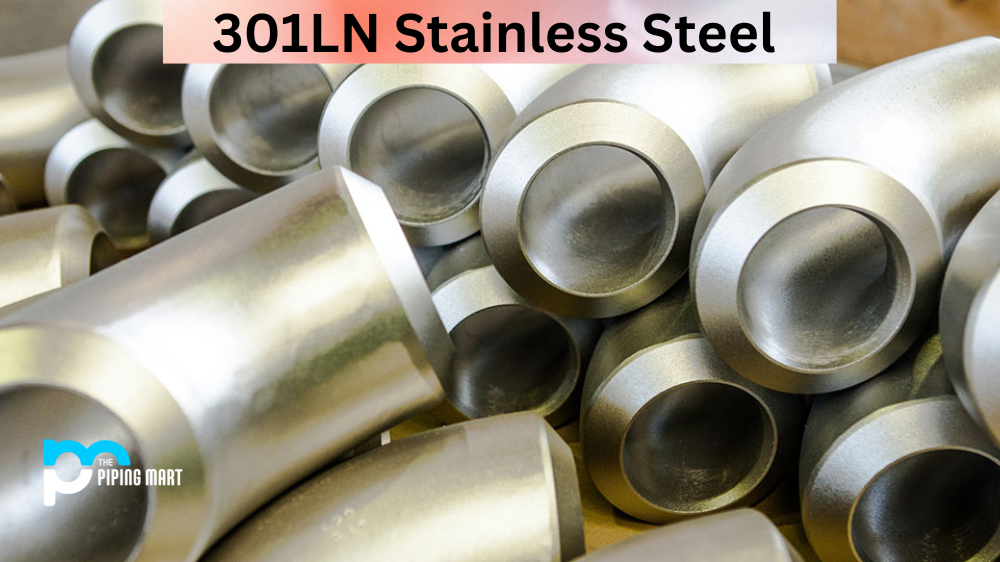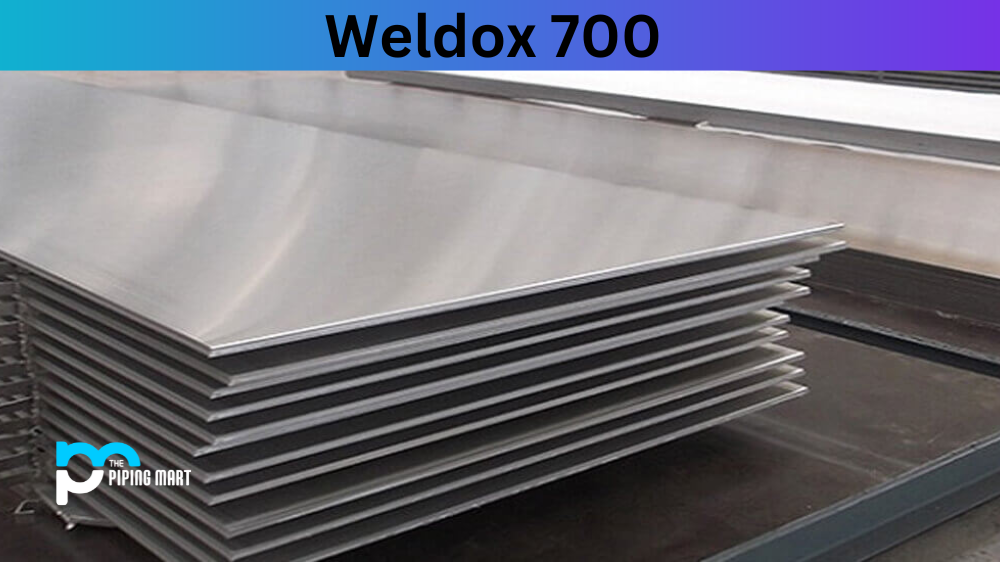Alloy Steel Grade CMSH 70 is a high-strength low-alloy steel that is ideal for a variety of applications. It has excellent mechanical properties, including strength, toughness, corrosion resistance, and heat resistance. In addition, it can be machined and welded with ease. In this blog post, we’ll discuss the composition, chemical properties, physical properties, uses of corrosion resistance, heat resistance, machining and welding of Alloy Steel Grade CMSH 70.
CMSH 70 Steel Composition
Grade CMSH 70 contains 0.15%-0.25% carbon; 0.1%-0.3% manganese; 1%-2% silicon; 0.4%-1% chromium; 0.4%-0.8% molybdenum; 0.3%-0.6% vanadium; 0.03%-0.08% nitrogen; and up to 2% copper depending on the grade selected. Additionally, small amounts of other elements may be present in some grades such as phosphorus or sulfur to enhance certain properties or reduce cost.
CMSH 70 Steel Chemical Properties
The chemistry of Alloy CMSH 70 provides excellent resistance to wear and tear making it an ideal choice for high-impact environments like automotive parts or mining equipment components. Additionally, its chemical composition results in good fatigue strength, allowing parts to maintain their structural integrity after repeated cyclic loading over long periods of time. Further, its low alloy content provides a cost-effective solution compared to other alloys with similar performance characteristics.
CMSH 70 Steel Physical Properties
The physical properties of Steel CMSH70 are determined by its composition and include good tensile strength, yield strength, hardness, ductility, fatigue strength, creep strength, and toughness. Its tensile strength ranges from 590 MPa (85 ksi) to 724 MPa (105 ksi), depending on the selected grade. Its yield strengths ranging from 690 MPa (100 ksi) up to 935 MPa (135 ksi). This allows it to be used in a variety of applications requiring high levels of strength and durability.
CMSH 70 Steel Mechanical properties
Alloy Steel Grade CMSH 70 is popular for many applications due to its impressive mechanical properties. It contains low amounts of alloying elements, allowing it to maintain excellent tensile strength even at higher temperatures. Despite this strength, it remains ductile and malleable, making it ideal for highly demanding applications like valves and gas turbines. Alloy Steel Grade CMSH 70 also features excellent formability, weldability, corrosion resistance, and fatigue cracking. This makes it an important part of engineering projects in automotive engineering and industrial manufacturing industries.
CMSH 70 Steel Uses
CMSH 70 is a type of alloy steel with many versatile uses. It is ideal for manufacturing components made to withstand high temperature, such as exhaust systems and radiators. This steel is also used in the automotive and aerospace industries, where parts subjected to corrosive environments must be protected against wear, pitting and rusting. Additionally, this grade of steel provides excellent resistance to fatigue fracture even when parts are subjected to cyclic stress. In general engineering applications that require resistance to shock or heavy loading conditions, CMSH 70 proves to be an efficient choice. Overall, CMSH 70 performs with strength and stability under stressful conditions, making it a popular alloy steel choice for engineers today.
Corrosion Resistance
CMSH 70 alloy steel has a proven track record of outstanding corrosion resistance due to its composition’s extremely high levels of chromium, molybdenum, nickel, and silicon. This distribution of elements promotes a good balance between strength and ductility as well as providing exceptional hardening properties for improved wear and tearing. Thanks to this remarkable combination of durability and flexibility, CMSH 70 has been successfully used in applications from transportation vehicles to medical tools requiring long-term rust protection. This reliable alloy steel grade provides excellent results when it comes to resisting corrosive agents of any kind, making it an ideal choice for those looking for a dependable material with lasting protection against weathering and humidity.
Heat Resistance
CMSH 70 is an alloy steel that is a staple for many industries, due to its amazing heat resistance. It is ideal for applications that require higher temperature stability and corrosion resistance. This alloy steel grade requires very precise studies to guarantee strength and integrity, making it reliable and safe. It’s also known to perform excellently in higher stress environments and can be used in extreme and low temperatures. CMSH 70 proves itself a very useful material for those looking for top-quality metal performance.
Heat Treatment
Alloy steel grade CMSH 70 heat treatment is essential in order to optimize its properties for the intended application. This type of heat treatment involves changing the molecular structure of the alloy with temperature and pressure, creating various microstructures that further modify its strength, ability to withstand wear and corrosion resistance. This treatment allows for an array of variations depending on the desired characteristics for use – making it ideal for automotive components, tools, fasteners and other high-performance parts. While this process often results in higher production costs, the improvement in performance can be invaluable.
Machining
Machining CMSH 70 alloy steel is a challenging but rewarding process. Increasingly utilized in the manufacturing industry for its superior strength and versatility, CMSH 70 allows for complex processes to be taken on with confidence. To achieve a superior quality finish utilizing this grade of steel, it is essential to have high machinery capacities, suited cutting tools and a trained machinist team. With the right tools and expertise, intricate finishing touches such as curves, grooves and patterning can be achieved – producing lasting parts that can withstand even the most demanding applications.
Welding
Welding alloy steel grade CMSH 70 is a complicated process that requires expertise and experience. Knowing how to work with this kind of steel can help create higher quality welds and prevent potential problems such as cracking on welding seams. Before welding, the material must be pre-heated to a higher temperature than most other steel grades to reduce its hardness and improve weldability. It requires proper handling and cooling to ensure the integrity of the finished product. The correct shielding gases must also be selected in order to protect against oxidation, porosity and other risks associated with alloy steel grade CMSH 70 welding. It’s important for anyone undertaking such a project to have access to all the safety equipment needed for working with welded material safely and efficiently.
Conclusion
In conclusion, Alloy Steel Grade CMSH 70 is an optimal choice for many applications due to its excellent mechanical properties such as its tensile and yield strengths as well as its good corrosion resistance and heat resistance characteristics which make it resistant to wear and fatigue damage even in demanding environments like automotive parts or mining equipment components . Its low alloy content also makes it cost effective compared to other alloys with similar performance characteristics which further highlights why it is so popular among engineers across multiple industries today !
Meet Heer, a dynamic and driven writer learning tricks of her trade in the metal industry. With a background in Digital Marketing, Heer brings a unique perspective to her writing, sharing valuable insights. Apart from blogging she like reading and hiking.




